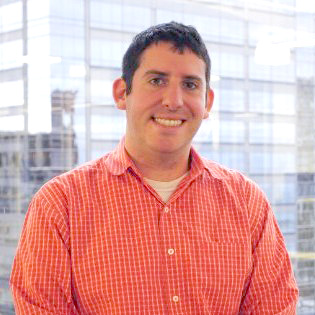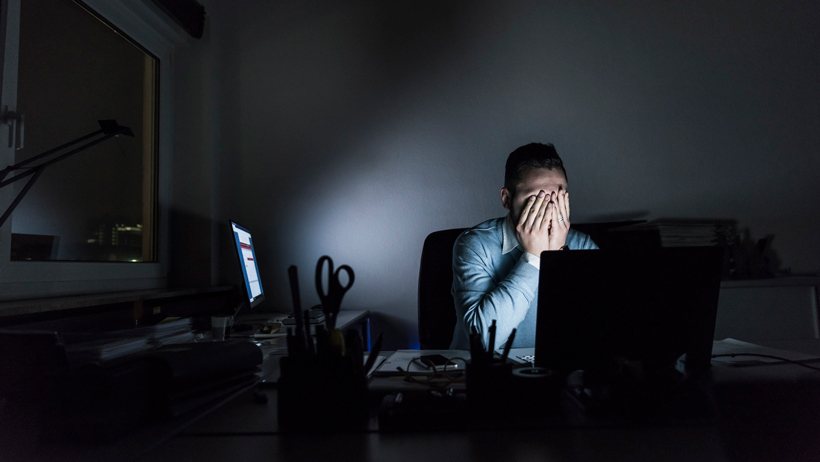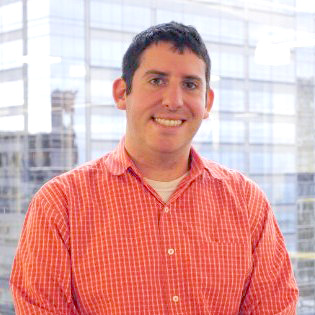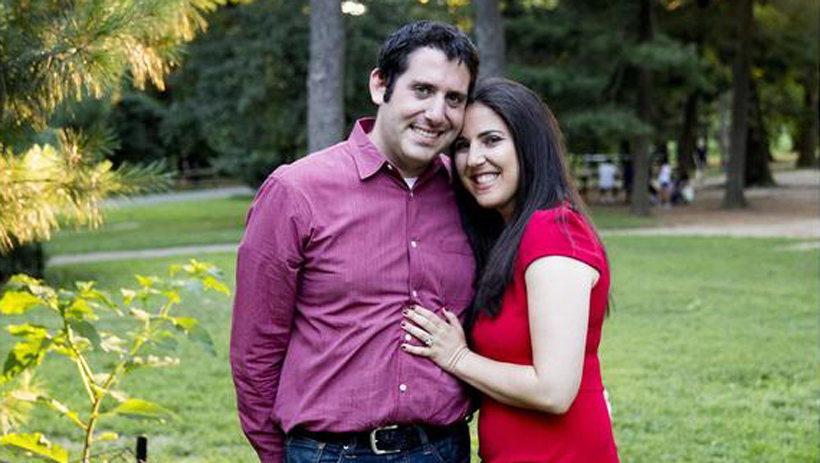You might be surprised to learn that I work no more than 45 hours per week at a startup. You might also be surprised to learn that I don't feel the slightest bit guilty about it.
Having a job with regular hours allows me the time to hit the gym, spend quality time with my wife, and get a normal night's sleep. Growing up in a household where I knew both my parents would be at the dinner table, I assumed these three things were a rite of passage for most of the working class.
However, if you use LinkedIn with any type of frequency, you may feel like this is no longer the case. In fact, quite the opposite: you'll hear stories of entrepreneurs working 80-hour weeks building a multi-million-dollar business with less than $100 in the bank, ad agency execs talking about their daily struggle and C-Suite execs who started from the bottom, but grinded their way to the top. To make the tale even more scintillating, you might see a video of that person at their desk complaining over how tired they are at 1 a.m. yet decide to push through, or an Instagram post with coffee in hand looking over the metropolitan skyline.
These stories are inspiring and tend to fill their purpose -- garner hundreds of likes and shares on LinkedIn. Its genesis comes from Malcolm Gladwell, who famously claimed that it takes 10,000 hours to master a given craft and Gary Vaynerchuk, who turned his father's wine shop into a multi-million dollar business through crafty marketing.
In theory, the idea that someone can become successful by devoting their entire lives to their job is another iteration of the American Dream at work. Yet, the reality is that the hustle mentality has a number of ramifications for individuals and society as a whole.
Working hard doesn't equate to success
Hustle culture is nothing more than the white collar version of becoming a professional athlete or musician. Although putting in your time is certainly an important part of climbing the ranks and showing your worth as an employee, there's a difference between working hard and working smart.
Just as it would be misleading to tell an aspiring basketball player that taking 5,000 shots per day will guarantee a spot on an NBA roster, it's equally misleading to tell someone working in business that they'll be successful simply by putting in 80-hour work weeks.
I dealt with this first-hand, working 12-hour days at a previous job only to find I wasn't moving the needle. It wasn't because the work I did was bad, but there were too many other extemporaneous factors (such as a higher-up's ego) that got in the way of my success.
The Elon Musks and Jack Dorseys are successful, yes, because they hustle, but also because they sell great products. There's a reason that 90 percent of startups fail. It's not for lack of hustle; rather, it's a lack of product-market fit. Even if you're an employee at a successful company, hustle only pays off to a certain point. Most companies won't double your salary for working 80 hours per week, so why work as if it's going to happen?
It's detrimental to your relationships
With the exception of careers such as banking, medicine and law, most jobs aren't meant to be all that intense. And yet, I've still found among my group of friends that there is competition between them as to who can work the most hours. While this may be a point of pride, these same friends are also spending their Sundays in the office instead of with family or significant others.
Many MBA students are, in fact, realizing this and opting for tech startups, which have a better work-life balance over consulting firms and investment banks. As a whole, our generation has pushed back against spending most of the day tied to a desk. Instead, employers are encouraging employees to be more mobile, whether that be flexible work-from-home policies, unlimited paid time off or making the office a more fun place to be in general. That's because working longer hours means less time to be around friends and family.
Much of our generation grew up watching our parents work long hours so we could have a more comfortable lifestyle. In fact, we've watched our parents work so hard that we carry their fatigue when it comes to handling simple, ordinary tasks. And we've seen this burnout have an adverse effect on our parents' relationships. That's why millennials as a whole are opting for jobs that allow them to travel, be social and work on their time.
As a general practice, I've stopped replying to emails after I get home unless it's an emergency. 99 percent of the time, it can wait until tomorrow. Implementing this rule has allowed me to effectively maintain a work-life balance, even in fast-paced New York.
It self-serves more than it benefits employers
I've never worked at a job where I'm at the office past 6 p.m. and it goes unnoticed. Without fail, my manager has always asked why I'm staying late and asked about what was on my plate. There's good reason for this. They know that at a certain point, working produces a diminishing marginal return.
Burnout doesn't help anyone. Employers have recognized this and started HSA programs in addition to subsidizing gym membership. More hours doesn't equal more productivity. In fact, research shows that most people can't focus for more than four or five hours at a time. When you include hour-long lunch breaks in-between these intervals, you end up with days that are between 9 and 11 hours long.
The people I know working more than 11 hours per day are either in the middle of a busy season, would call themselves workaholics, or care more about humblebragging over the number of hours they worked in a week than making their employer happy. While all managers want their teams working hard, they also want productivity.
So send me whatever meme you'd like about 40-hour work weeks being a part-time job and keep telling me how the only way to succeed is to put in long hours. In today's flexible working environment, there's no reason why a job needs to take over someone's life.










.jpg)



